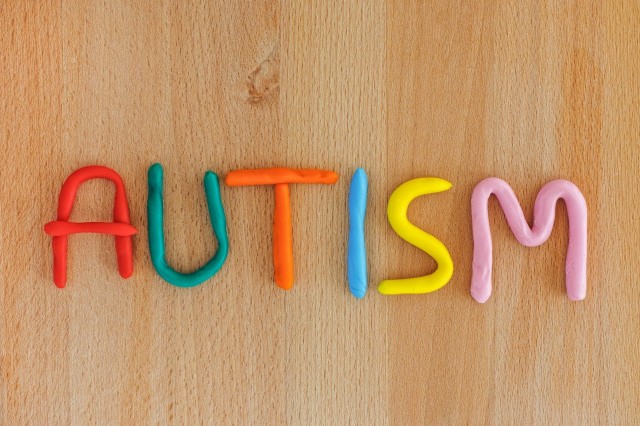Maternal exposure to certain environmental toxicants was found to be linked to autistic-like behaviors in pre-school-aged children, according to a study in the American Journal of Epidemiology.
As part of the study, nearly 1,800 Canadian female participants during pregnancy were recruited, with their blood and urine samples examined to establish the levels of certain chemicals.
“We measured metal, pesticide, polychlorinated biphenyl, phthalate, bisphenol-A, and triclosan concentrations in blood or urine samples collected during the first trimester of pregnancy,” the authors stated in their findings.
“Autistic behaviors were assessed in 478 3-4-year-old children using the Social Responsiveness Scale (SRS), where higher scores denote more autistic-like behaviors.”
The study showed that lead, cadmium, and phthalate metabolites were linked to slight increases in SRS scores. Meanwhile, manganese, in addition to some pesticides, led to slight decreases in SRS scores. Higher SRS scores are generally indicative of autistic-like behaviors among children.
“We identified several monotonic trends where associations increased in magnitude from the bottom to the top of the SRS distribution. These results suggest that Quantile regression can reveal nuanced relationships and should thus be more widely used by epidemiologists,” the findings concluded.


